Let’s face it: At one point or another, your teen is probably going to get into a situation that seems really stupid. The emotion centers of teen brains are developing rapidly in adolescence. On the other hand, impulse control is less developed – inhibiting their ability to employ good planning and judgment.
What’s more, teen girls face a high risk of depression; and teen boys are likely to have increased risk taking behavior.
What can parents do to help their teens navigate this formative time in life? First and foremost, you should establish a trusting bond with your child before they hit their teen years – or as soon as possible if they’re already there. You can help them learn the skills to get through sticky situations, and come through as a healthy young adult with few bumps in the road.
Make time to chat
Kids are only willing to talk about what’s going on in their lives with people they trust – those they know won’t judge or punish them. Parents can set the stage by letting their kids know they will listen and be there for their children. Let them know they’re not going to face punishment if they come and talk to you about tough stuff. Your message to them should be: I’m here for you, and you can talk to me. It’s critical to build times into your regular routine when you can have quality conversations with your pre-teen or teen, so you are not just ships passing in the night.
As you talk with your child to establish that trusting relationship, open ended questions are best. It’s also helpful to practice active listening. Restate what your teen has told you, and follow it up sincerely, with a question such as “Wow, how have you been handling that situation?” Doing so will empower them to think through tough situations, and know they can navigate them on their own.
It can also be important to discuss a safety plan for them to know they have a “free pass” or “out” to text you and get picked up from any sticky situation, no questions asked. Maybe establish a code word they can text you if everything’s going OK, or if it’s not OK. They’ll face a lot of experimentation in these years and peer pressure from friends. It’s important for them to know they have a way to extricate themselves, without losing face in front of their friends or facing punishment at home.
Help young hearts and listen actively
Kids have to navigate new territory in their teen years: Romantic relationships – either their own, or those of their friends. They could face heartbreak, have something hurtful splashed across social media or have something else happen that has a bigger impact on them that they may not tell their parents about.
But parents often sense that something’s going on with their teen – and that’s when it’s important to make yourself available to chat with your teen. Try to remember how hard it is to be a teenager, and don’t discount the influence you still have on their lives. They’ll listen to their friends a lot, but they’ll also listen to their parents. Do take your child seriously, taking care to not brush aside adolescent moodiness or “young love” as not important. Reserve judgement, and ensure that punishment doesn’t get in the way of an open and trusting relationship.
Don’t fret about freedom
With all this in mind, some parents can’t help but wonder: How do I balance monitoring my teen and managing their behavior with letting them gain some independence and not be afraid to talk to me?
The balance between monitoring and independence is hard, and it can shift constantly. My advice is – give your teen a little bit of rope to try their own things and test their independence. Evaluate what’s going well, and decide if they should have a little bit more freedom, or if you need to take a step back. Some kids are very responsible, while others have less good judgement. Know your own teen, and make sure you’re not throwing them into situations they can’t handle.
Finally, parents should trust their gut: if something doesn’t feel right, it probably isn’t. That’s when you can step in and help your kid with any situation they may face.
 https://riseandshine.childrensnational.org/wp-content/uploads/2024/07/teen-girls-fighting-feature.jpg
300
400
Danielle Robbins
https://riseandshine.childrensnational.org/wp-content/uploads/2017/11/childrens_riseandshine_logo.jpg
Danielle Robbins2024-07-24 12:10:252024-07-24 12:10:25Helping your child through a friendship breakup
https://riseandshine.childrensnational.org/wp-content/uploads/2024/07/teen-girls-fighting-feature.jpg
300
400
Danielle Robbins
https://riseandshine.childrensnational.org/wp-content/uploads/2017/11/childrens_riseandshine_logo.jpg
Danielle Robbins2024-07-24 12:10:252024-07-24 12:10:25Helping your child through a friendship breakup






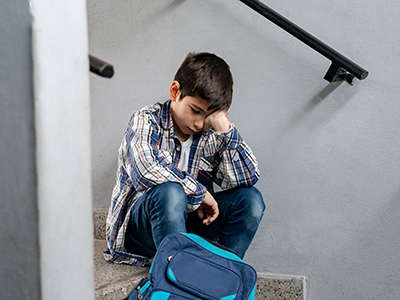
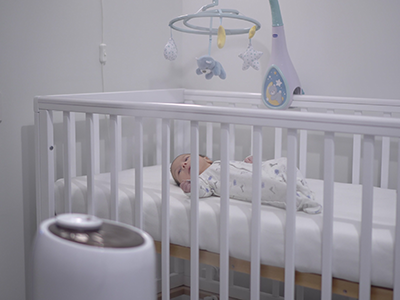
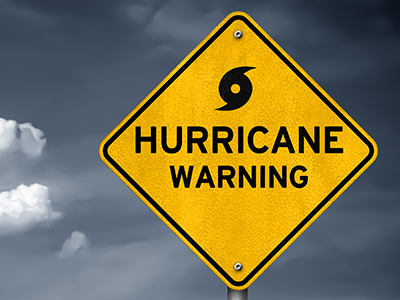






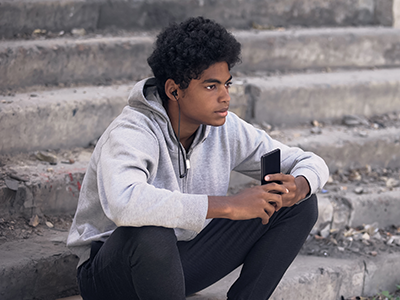


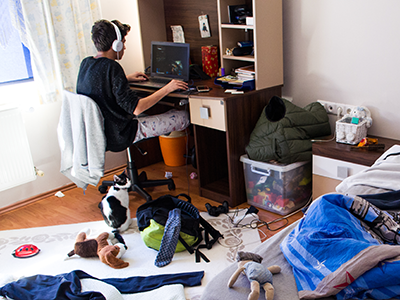


Leave a Comment
Want to join the discussion?Feel free to contribute!